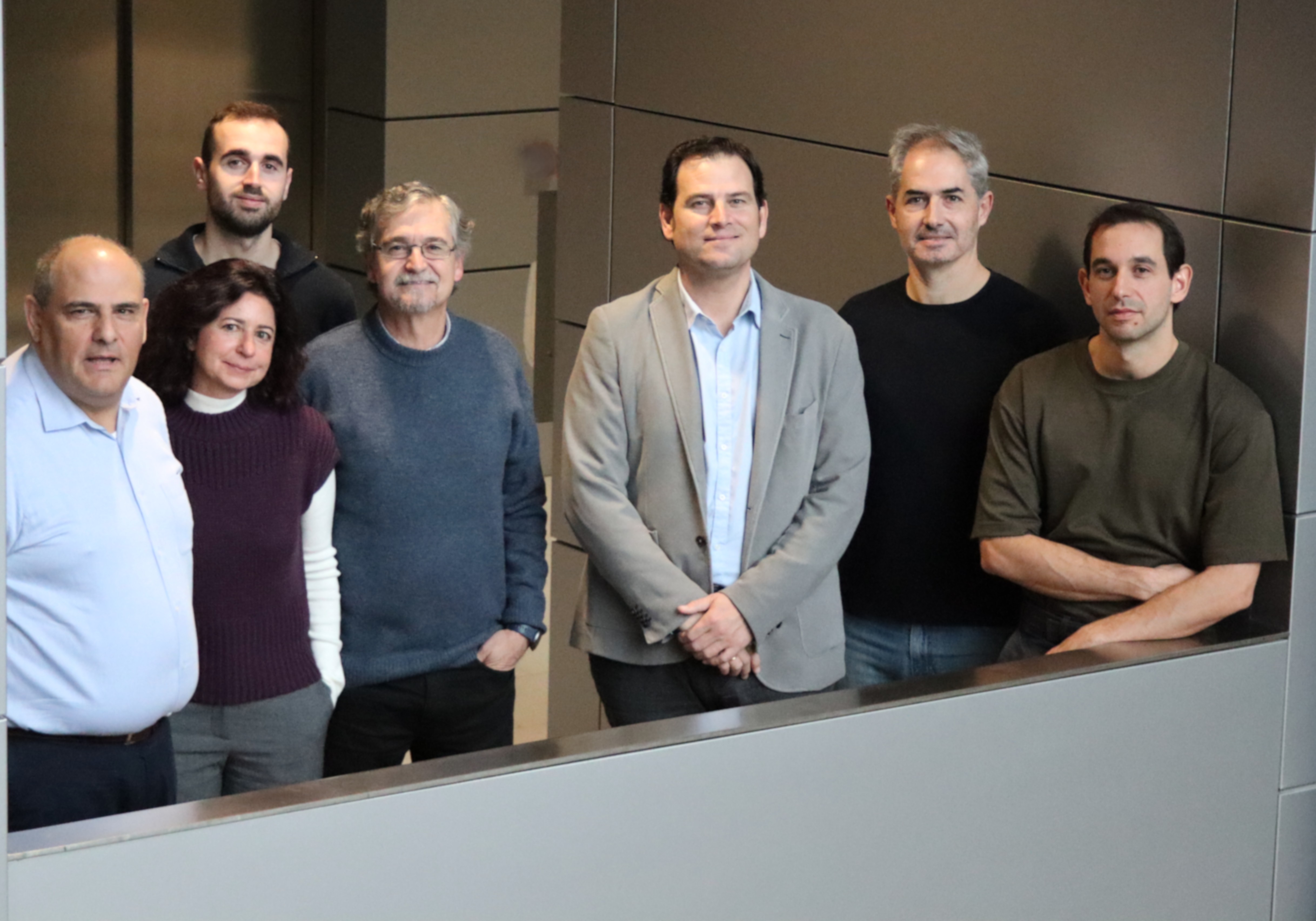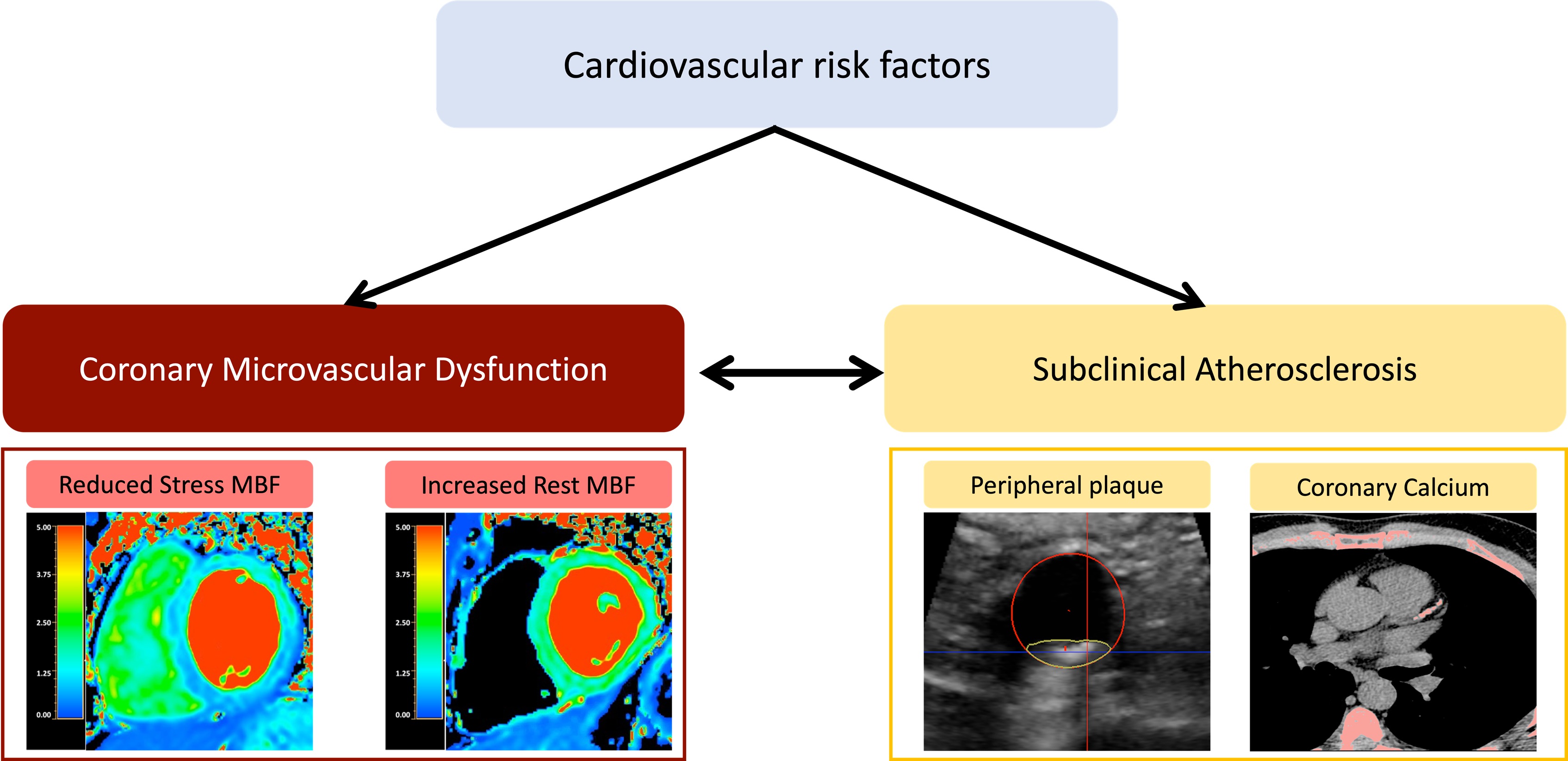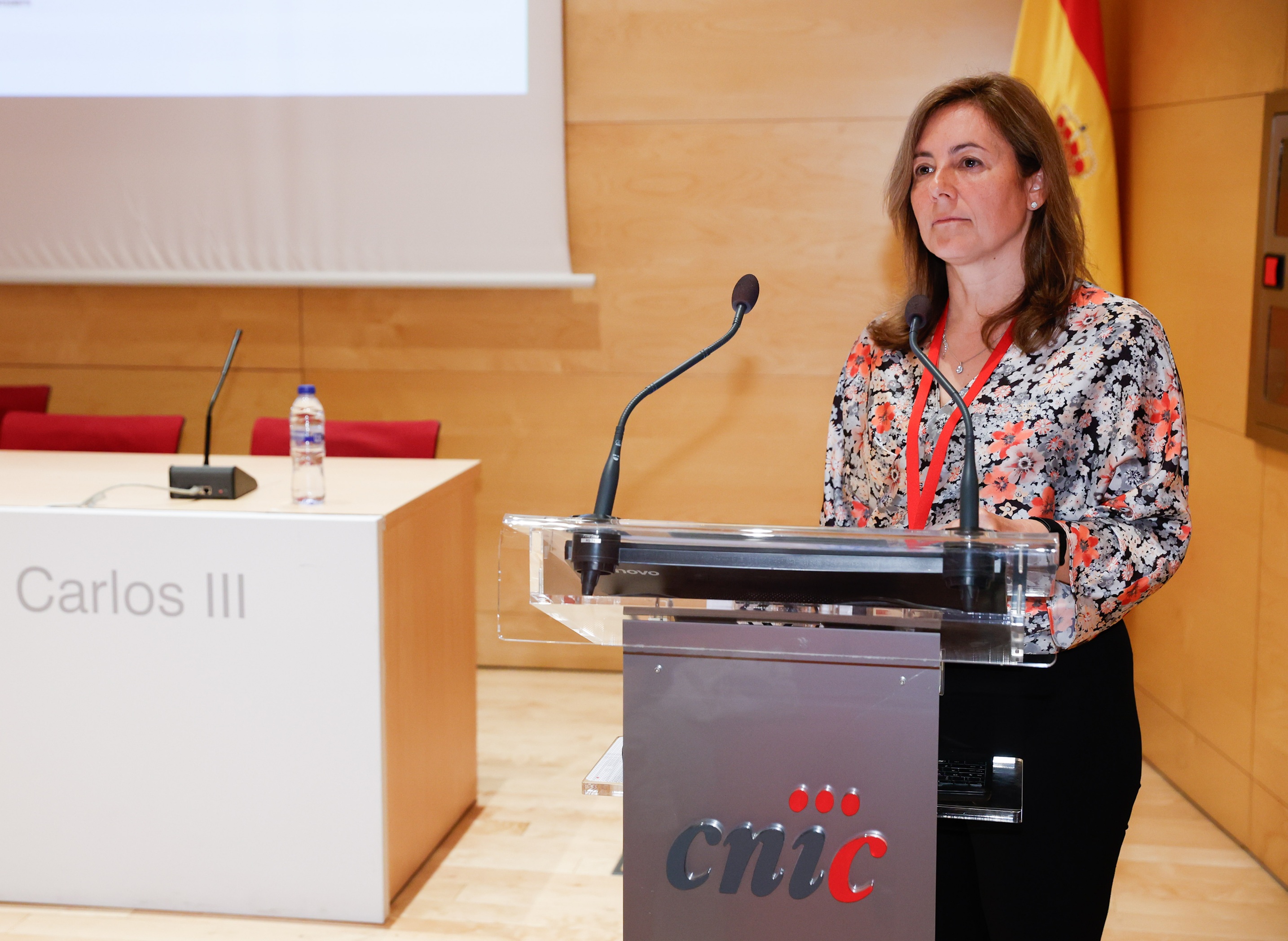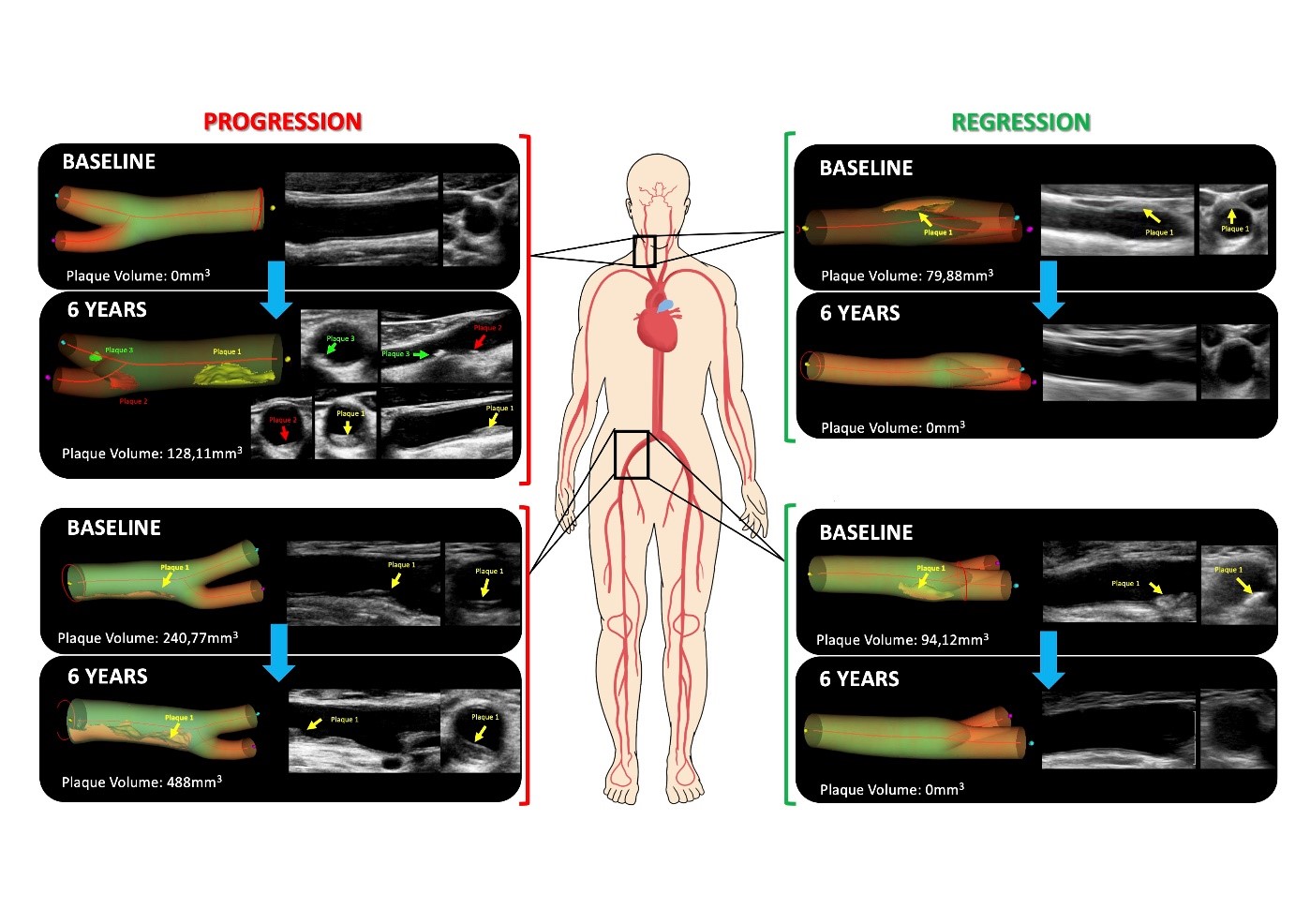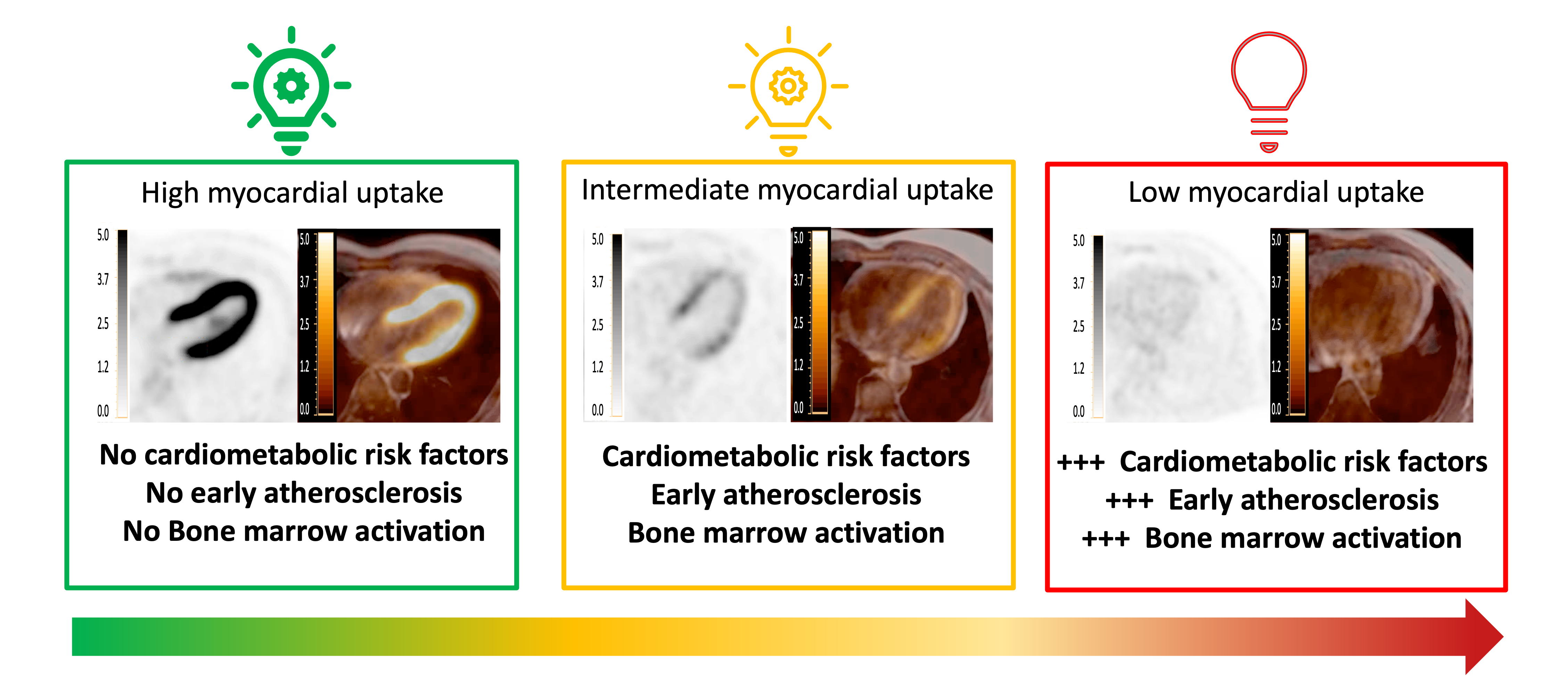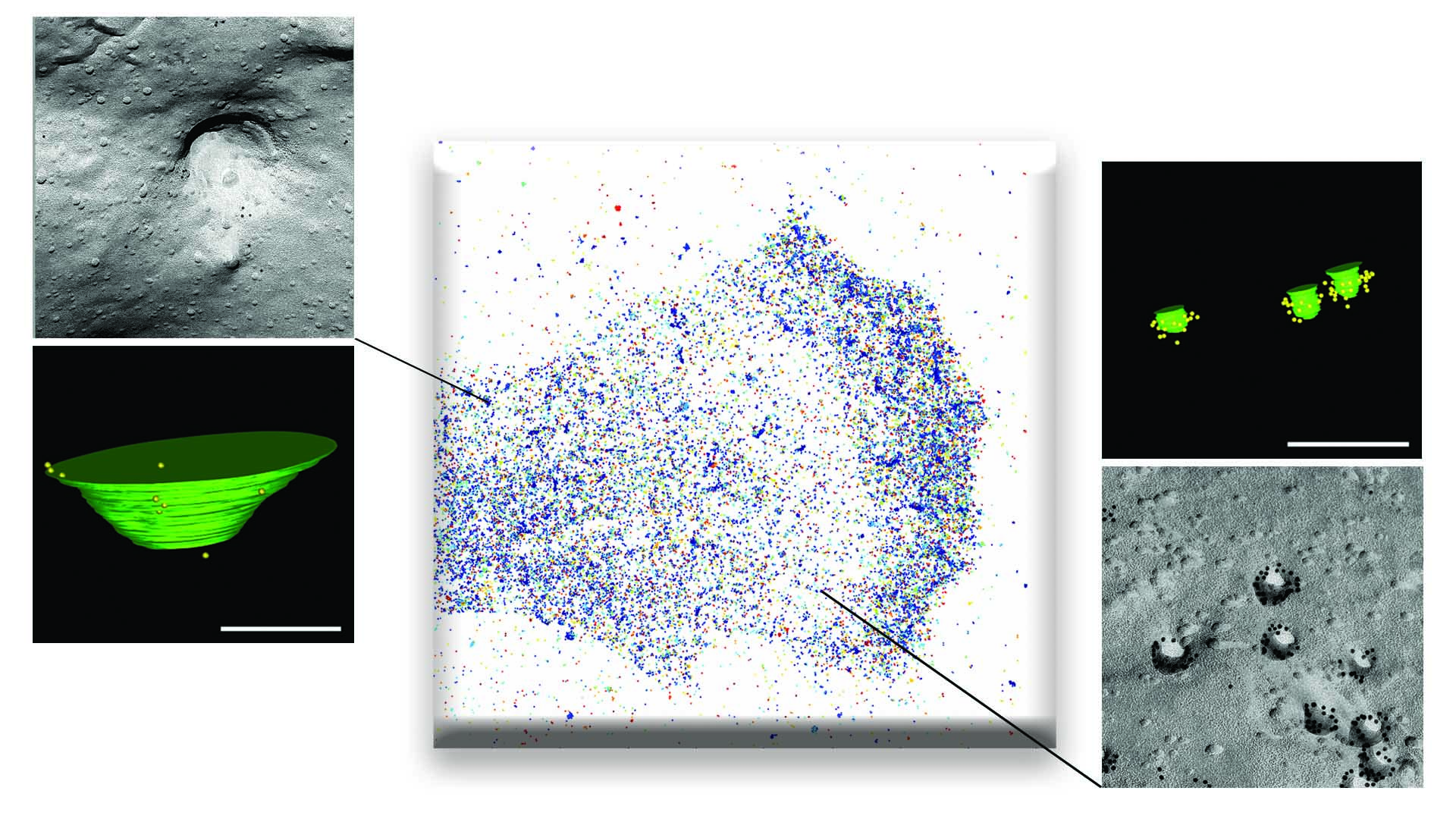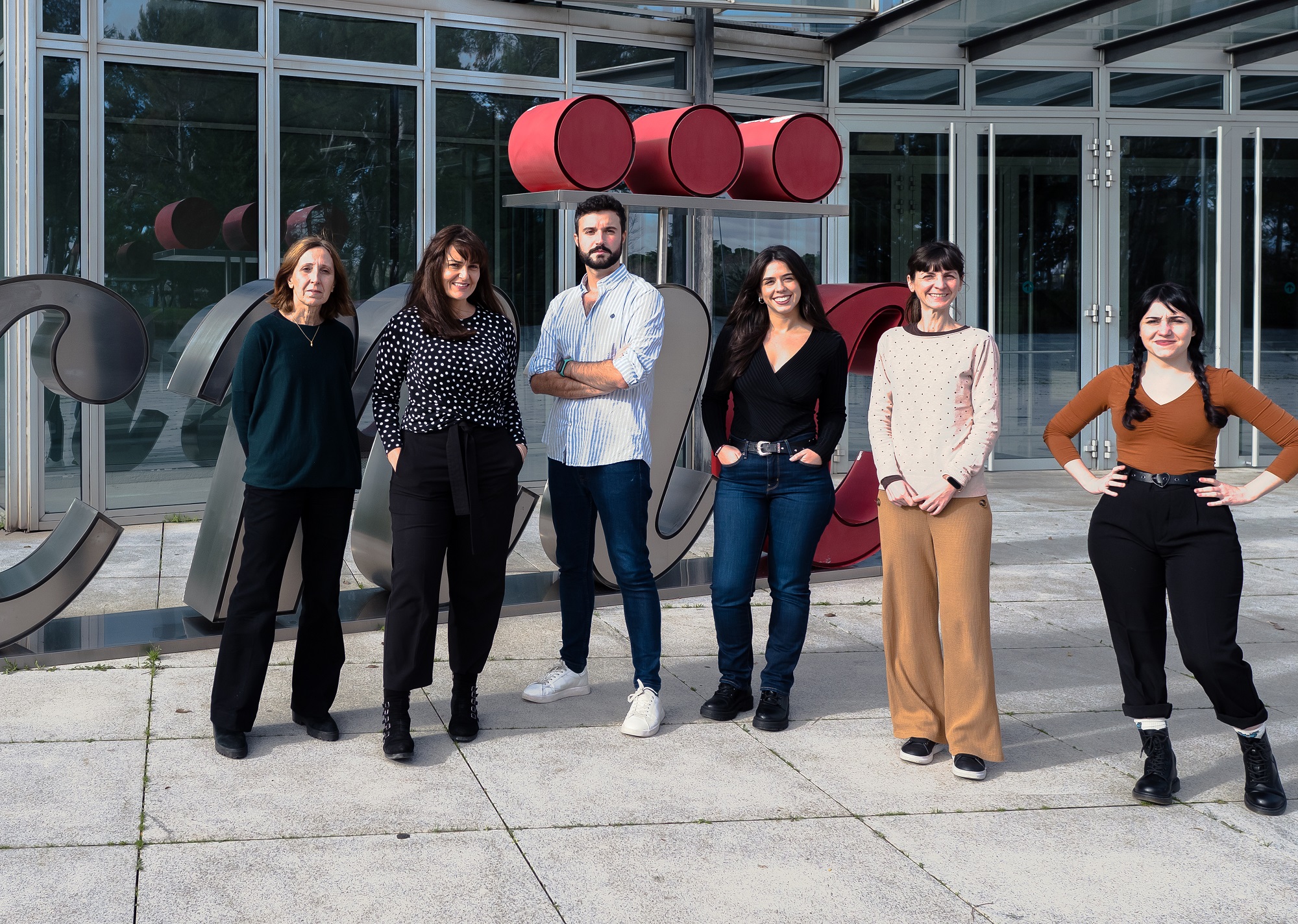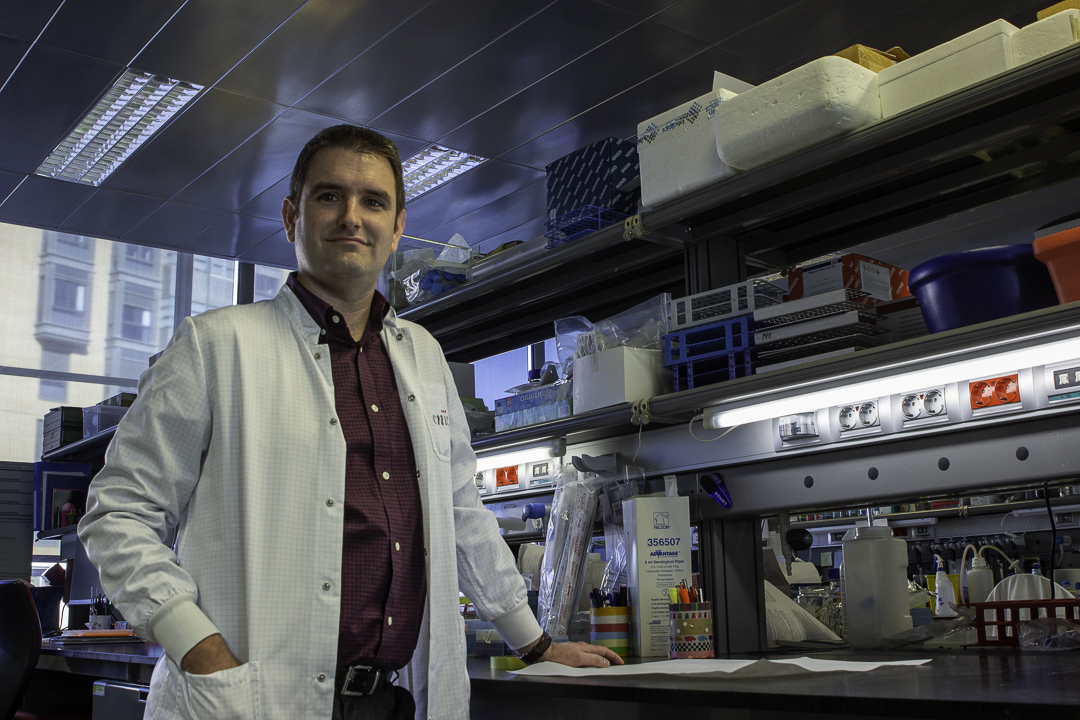News search
|
Research 14 Jan 2026 A CNIC research team has identified for the first time the biological mechanism underlying this susceptibility: high blood pressure creates a hidden metabolic vulnerability in the heart that becomes destabilized when anthracyclines are administered. |
|
Research 19 Sep 2024 A study from CNIC reveals how risk factors and subclinical atherosclerosis affect heart microcirculation in asymptomatic middle-aged individuals. The research, published in JACC: Cardiovascular Imaging, highlights the importance of assessing the heart vessels' ability to regulate blood flow and predict future cardiovascular risk |
|
Research 4 Aug 2024 Laboratory of Pharmacology and Physiology of the University of Montreal (Canadá) |
|
Research 4 Jun 2024 Stroke Branch Chief at the National Institute of Neurological Disorders and Stroke (NINDS) |
|
Research 20 Nov 2023 Atherosclerosis, previously believed to be an irreversible progressive disease, can be reversed if risk factors are contolled early enough |
|
Research 2 Oct 2023 Scientists at the CNIC have discovered that metabolic cardiovascular risk factors diminish the capacity of the heart to use glucose as an energy source |
|
Research 16 Jan 2023 Nature Cardiovascular Research: The 'guardian of the genome' protects against cardiovascular disease A CNIC study extends the understanding of how acquired mutations in blood cells act as a new cardiovascular risk factor |
|
Research 23 Dec 2022 A study published in Nature Cell Biology confirms that caveolae are essential for the mechanical responses of tissues subject to large mechanical forces (such as muscle, heart, blood vessels, and fat), whereas larger membrane depressions (termed 'dolines') are important for the response to weak or medium-strength forces |
|
Research 15 Dec 2022 A CNIC team has shown that the retinoid and unsaturated fatty acid sensor RXR is a key protein in the maintenance of a balanced production of the different types of blood cells |
|
About the CNIC 23 Feb 2022 Researchers from the CNIC and Columbia University (USA) review the role of acquired mutations and clonal hematopoiesis in cardiovascular disease |
- 1 of 3
- next ›
